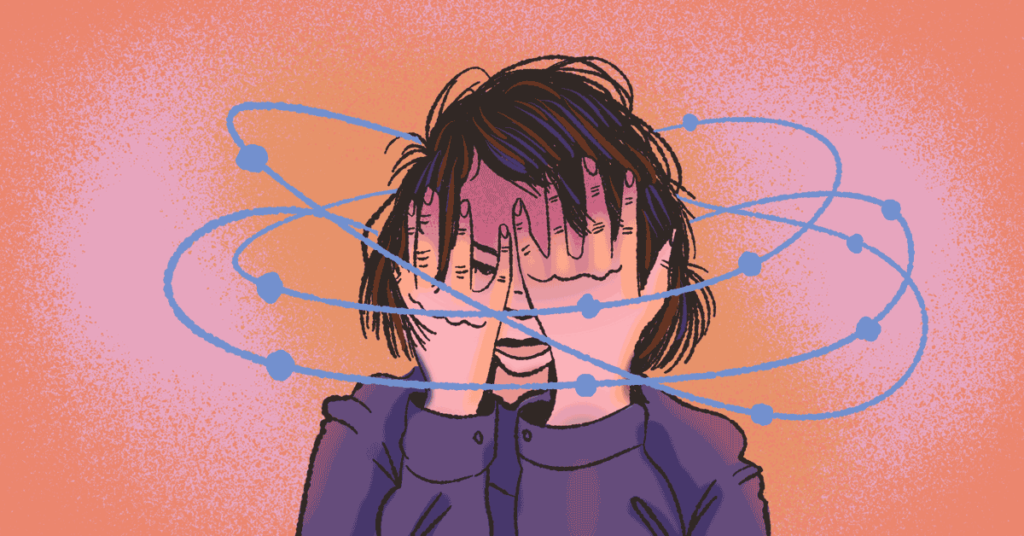By Susan Russo
I recently visited my local CVS store. As I was in the checkout line, a gentleman and I struck up a conversation. Our discussion eventually led us to the topic of multiple sclerosis. I mentioned to him that I have MS. With a startled and unbelieving expression on his face, he said, “You have MS? No way, you have MS! You aren’t walking around like a drunk person!”
I just stood there with my mouth agape and proceeded to give him my best eye roll possible. (Eye rolls usually prompt a vertigo attack from me, but it was worth the risk). Then he asks me, “Are you sure you have MS?” I was so stunned by this ridiculous comment that I wanted to throw myself onto the floor or slam into a wall, but I politely refrained.
As I finished paying for my items and stepped away from the line, I noticed a woman giving me the, “girlllll….go-get-em-kick-his-butt look” for asking me such a stupid question. Finally, I said, with the utmost respect for his ignorance, “Yes, in fact, I do have MS.”
Believing our conversation had ended, I headed for the store exit. But this guy apparently decided to push the issue and said, “What are some of your symptoms, if you don’t mind me asking?”
Actually, I did mind, completely, but being the really nice person that I am, I said, in the longest run-on sentence I could muster, “I have burning and electric shock sensations, severe dizziness, vertigo, trouble putting my words together, fatigue so bad, I call it my “wet noodle” phase, extreme mood swings including periods of outrageous, uncontrollable laughter and moments of such despair, I think I’m in hell itself. I also have constant ringing in my ears and oh, yeah, I almost forgot, a really strange sensation of hot water being poured inside me, if you can believe it, and don’t even get me started on the incessant itching in my feet!” But hey, at least I’m not stumbling around like a drunk person!
He looked at me like I was absolutely insane, and said “Wow. That’s a lot of weird stuff. I don’t think you should talk about it because people probably won’t believe you.”
Exactly!
At this point, I wanted to smack this guy all the way to China, but, instead, I said, “God Bless you sir and have a nice day”, then, I said, “I will pray for you. You’re gonna need it.”
Here’s the thing. So many of us with MS don’t want to talk about it. Especially those really weird, unexplained sensations. Because, like the gentleman in the CVS store, people simply do not believe you. And sometimes, that even includes our own medical professionals.
I once told my doctor I could feel electric shocks in my legs along with a “biting foil” sensation. He said, “Well, I don’t know what that is, but I don’t think it’s a symptom of MS.”
Here’s the deal. Some of the most not-talked-about effects of MS are the worst and most difficult to handle, especially if our “truth” is not validated.
We want someone to just listen; to really hear what we are experiencing and acknowledge it’s existence.
When we are denied our “truth”, this says to me that my disease is not real. Well, I’m here to tell you, my MS and it’s plethora of ongoing reality is real. Period. End of story.
So, to that I say, talk about your unseen silent symptoms of MS. Share them with those who love and care about you. They will listen. They will believe.
And if they don’t, just do what I do. Roll your eyes in the back of your head, wave your hand, put a little “sass” in your step and say, “WHaaaatttt-Evvvvvr!”
Then, quietly walk away and pray you didn’t just set off a major episode of vertigo.


